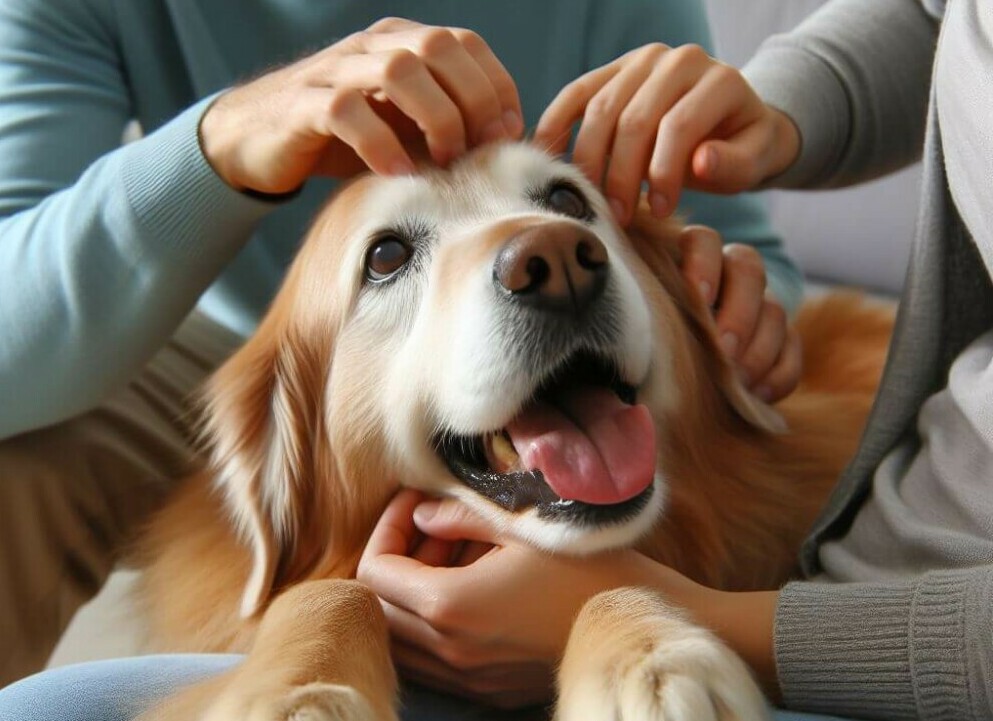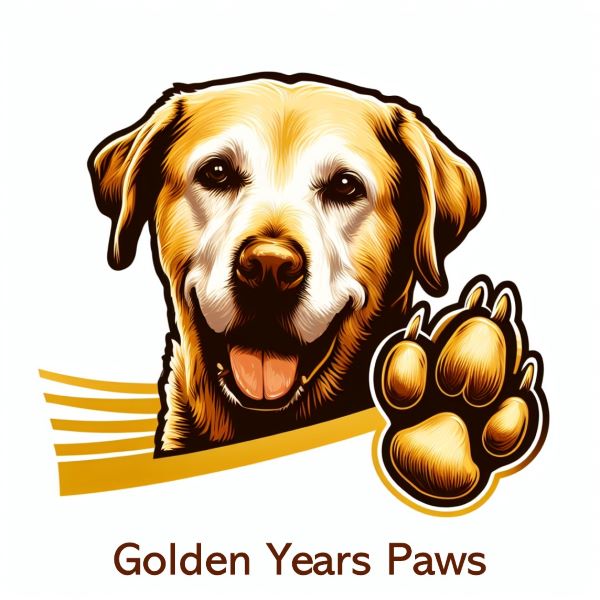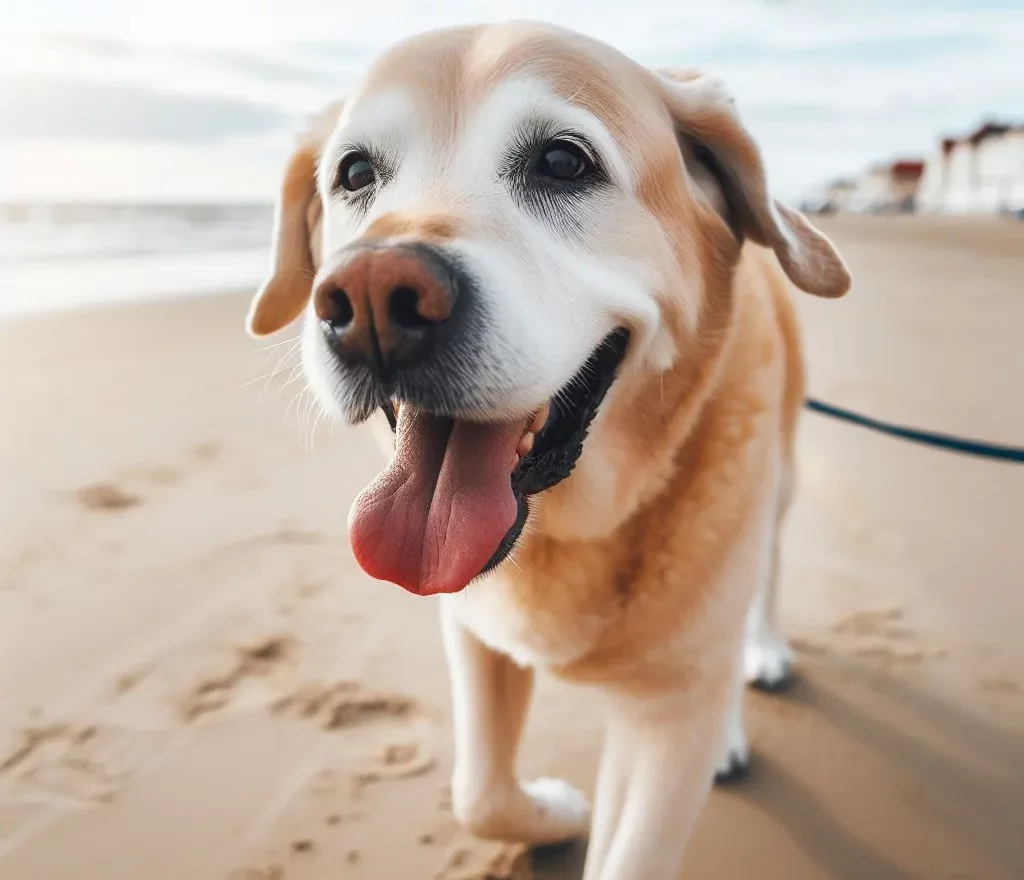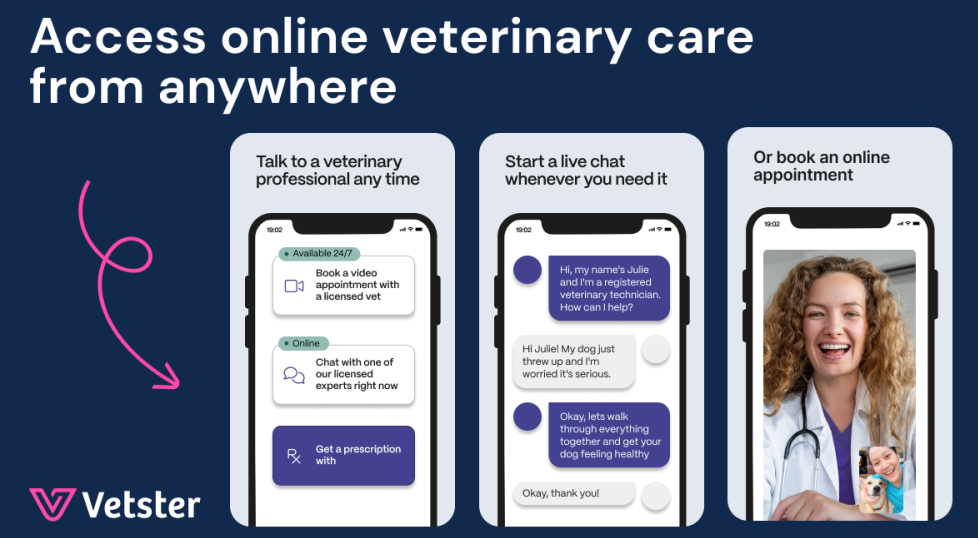Nutrition needs change as our pups get older. For senior dogs, like my 12.5-year-old Labrador, Rio, adjusting their diet is key. Rio’s had his share of battles with allergies (like pododermatitis and summer rash), and getting his food right has been crucial.
Customized diets are where it’s at. It’s not just about picking the right kibble but sometimes switching to high-quality homemade or carefully selected commercial diets. You want to focus on easily digestible proteins and healthy fats. Rio’s diet includes fish oil and omega-3 to help with his skin conditions.
Supplements play a big part, too, especially for joint health. Glucosamine and chondroitin are your dog’s joints’ best friends. For Rio, these supplements have made a noticeable difference in his mobility, especially with his spondylosis.
Food allergies and sensitivities are another thing to watch out for. An elimination diet can help identify problem foods. It took some trial and error, but figuring out what Rio could eat without itchiness was a game-changer.
Every senior dog is different, so what works for Rio might need tweaking for your pup. Experimenting with diets and supplements under the guidance of a vet can lead to a happier, healthier life for your dog.

Advanced Diagnostic and Treatment Options
Veterinary check-ups aren’t optional, especially for senior dogs. Regular visits help catch problems early before they become more serious. For dogs like Rio, these check-ups have been lifesavers.
New diagnostic tools are a big help. Blood tests, X-rays, and ultrasounds can uncover issues that aren’t visibly obvious. When Rio started to show signs of discomfort, it was a thorough diagnostic process that revealed his spondylosis.
Once a condition is identified, effective treatments are more accessible than ever. Advanced medications and therapies can manage conditions like arthritis, kidney issues, and skin troubles. Rio’s summer rash and allergies were handled with a combination of topical treatments and immune-boosting meds.
Real success stories, like Rio’s, show that early detection paired with modern treatments can significantly improve a senior dog’s life quality. It’s all about being proactive and working closely with your vet to choose the right course of action for your furry friend.
Holistic and Alternative Therapies
Exploring holistic and alternative therapies for senior dogs can open up new paths to wellness. So many options are available that go beyond traditional veterinary care. For dogs like Rio, these therapies have been a game changer.
Acupuncture and chiropractic care are gaining traction. These methods can help alleviate pain and improve mobility.
Physical therapy and hydrotherapy are other fantastic options. Engaging in regular physical therapy exercises can strengthen muscles and joints, while hydrotherapy offers a low-impact way to stay active. Rio’s been splashing around in the sea as much as he can, which he absolutely loves and it’s really helped his joint issues.
Natural remedies for skin conditions can also make a difference. Herbs and essential oils have soothing properties that can ease itching and inflammation. Rio’s summer rash often bothers him, but integrating these natural remedies alongside his prescribed treatments gives him much-needed relief.
Holistic approaches can offer complementary benefits to conventional treatments. They can sometimes provide a better quality of life for our furry friends. It’s wonderful to see Rio’s vitality improve with a mix of both traditional and alternative therapies.
Technology and Apps in Senior Dog Healthcare
Technology is stepping up the game in senior dog healthcare. Tools like telehealth and veterinary apps are making it easier to get expert advice without leaving home. Apps like Vetster allow you to connect with vet professionals through video calls, providing peace of mind when your pup needs a check-up or advice.
Wearable technology is another exciting development. Devices that track your dog’s activity levels, heart rate, and even sleep patterns are becoming more available. These gadgets can help you monitor your dog’s health in real-time and spot any changes that might require veterinary attention.
Staying informed about the latest healthcare trends is easier with online resources and communities. Following blogs, forums, and social media accounts dedicated to senior dog care can keep you updated. Engaging with these communities can provide tips, support, and a sense of camaraderie with other dog parents.
Remember to consider these tools as companions to regular veterinary visits, not substitutes. Real-time updates and expert advice from these apps and devices can complement the hands-on care your vet provides.
To keep up with Rio’s adventures and senior dog journey, follow him on Instagram @rio_lab_in_boots. He’s living proof that with the right care, senior dogs can enjoy their golden years to the fullest.
Warmest Wags,
Morena
Founder, GoldenYearsPaws.com


